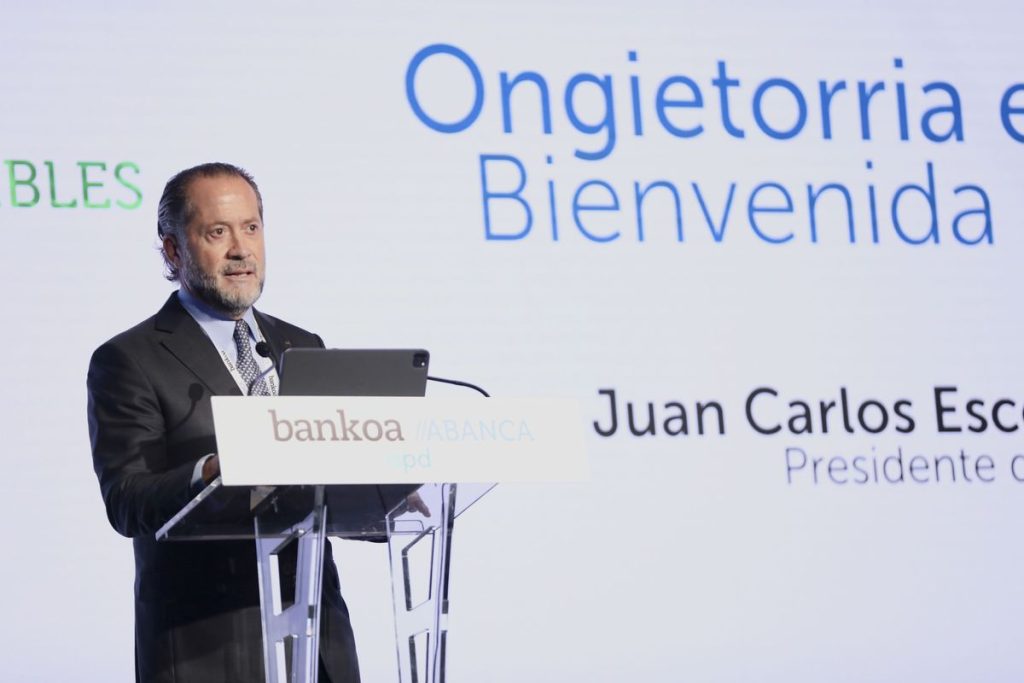Galicia is a peripheral, aging, and often strange region. The largest fortune in the region belongs to entrepreneur Amancio Ortega, which exceeds what its 2.7 million citizens produce in a year. A few family dynasties have become leaders in business growth in a place where a third of the population receives pensions or social benefits. No one has specifically studied the phenomenon of the strange concentration of wealth in the autonomous community. The wealth of the Ortega family is immense, incomparable, and consistently ranks at the top of lists of billionaires. Galicia also houses the fourth largest fortune in the country, belonging to Venezuelan-born Juan Carlos Escotet, who bought the bank that emerged from the crisis of savings banks, now known as Abanca.
Escotet’s story is a unique example of how Galicia offers opportunities to those who can seize them. The son of immigrants from León and Asturias who moved to Venezuela in the late 1940s, Escotet embodies the self-made man, starting to work at a bank in Caracas at 17 while studying at university. Upon arriving in Spain in 2012, he acquired a Galician bank and later won a bid to acquire Novagalicia Banco. While facing challenges such as resolving the crisis of risky financial products and managing struggling companies like Deportivo and Pescanova, Escotet managed to strengthen the bank and expand his business through strategic acquisitions.
Galicia has seen successful entrepreneurial experiences in construction, logistics, renewable energy, and the fishing and canning sector. Wealthy individuals like the Jove family in construction, Fernando Somoza in logistics, and Manuel García Pardo in renewable energy have emerged in the region. Santiago Lago Peñas points out that the strong presence of family businesses in Galicia distinguishes it from other regions. However, the challenge lies in succession planning and the need for innovation and entrepreneurial capacity. Some families have faced decapitalization, while others have relocated their fortunes outside of Galicia.
The dynamics of the Galician market play a significant role in the consolidation of wealth in the region. While some businesses have thrived and maintained their presence in Galicia, others have faced challenges or relocated to seek new opportunities. The mix of local entrepreneurship, strategic acquisitions, and market dynamics contributes to the concentration of wealth in Galicia. Despite the uncertainties and fluctuations in the market, the region continues to be a fertile ground for entrepreneurial success, offering opportunities for those who can navigate its unique economic landscape. In this complex and diverse economic environment, Galicia’s wealth distribution and business landscape continue to evolve, shaped by a mix of local and external influences.
In conclusion, Galicia’s economic landscape is characterized by a diverse mix of successful family businesses, entrepreneurial ventures, and strategic acquisitions. The region has become a fertile ground for wealth creation, attracting both local entrepreneurs and external investors. While challenges such as succession planning and innovation remain, Galicia continues to offer opportunities for business growth and economic prosperity. The region’s unique economic dynamics and concentration of wealth point to the importance of understanding and navigating the complex market dynamics in order to succeed in the Galician business landscape.


